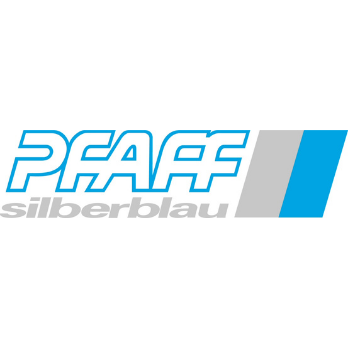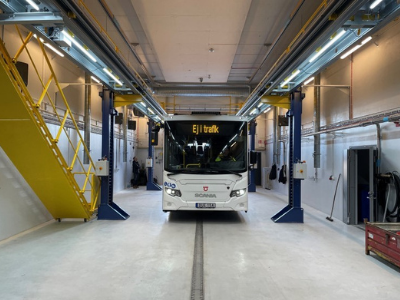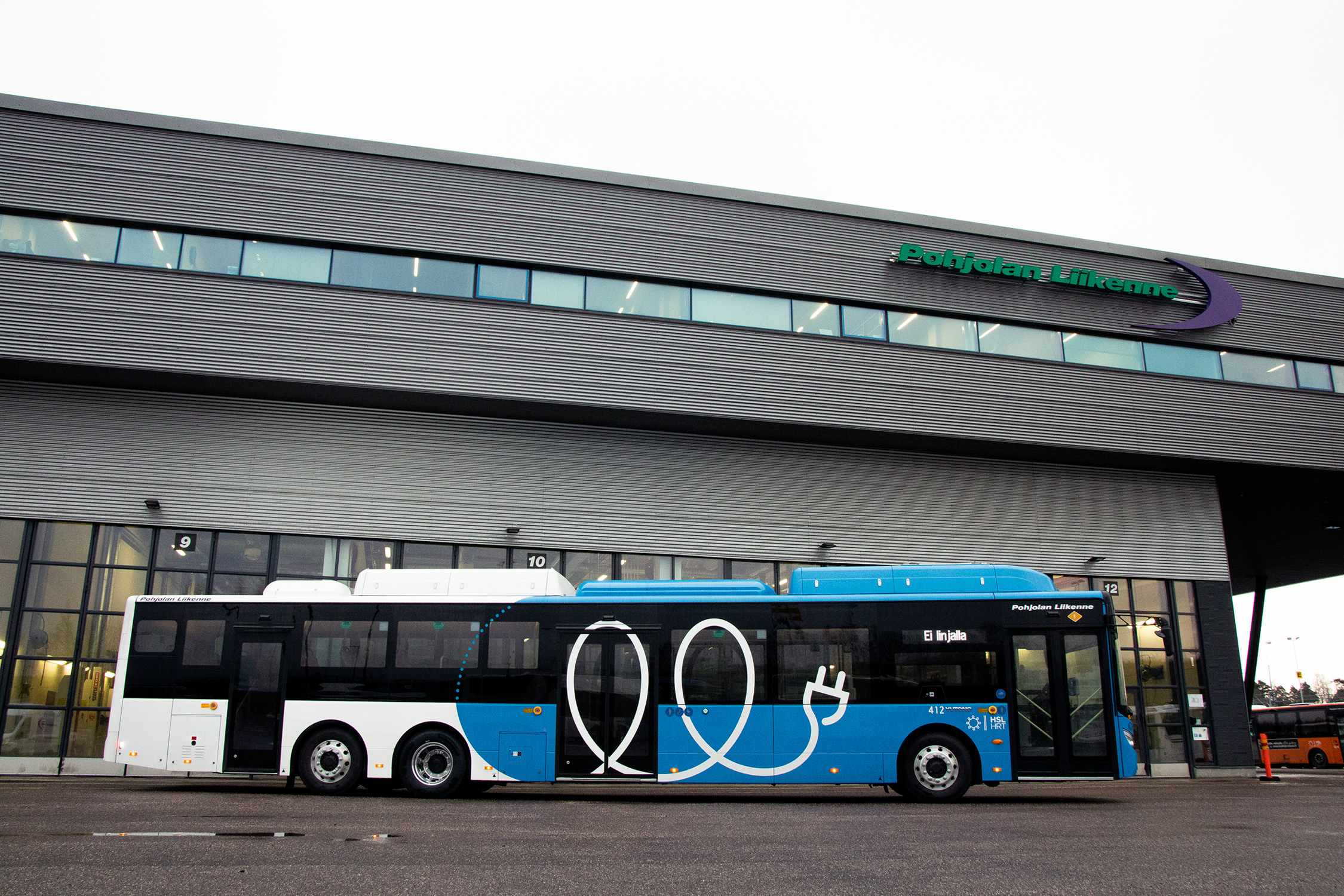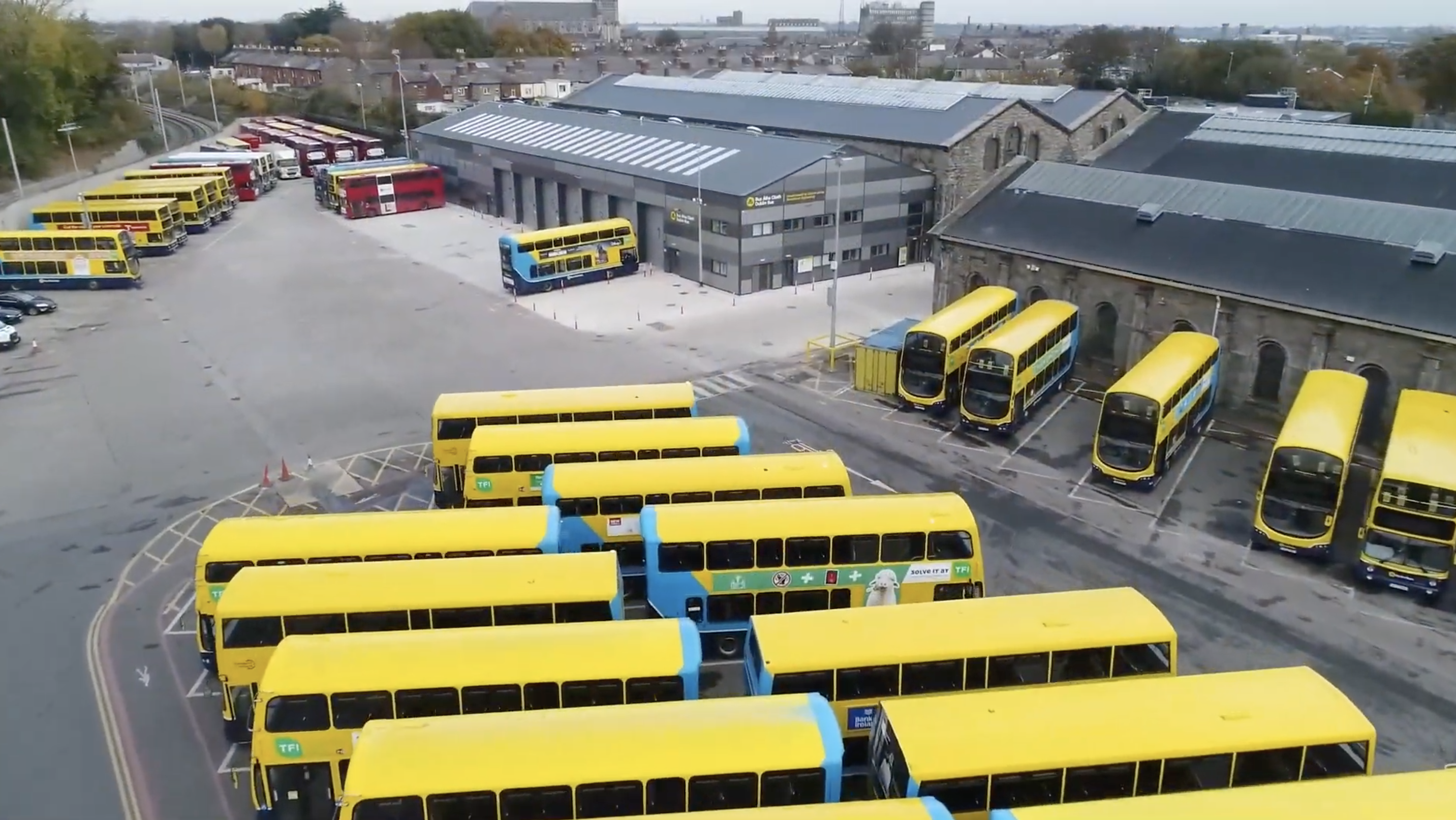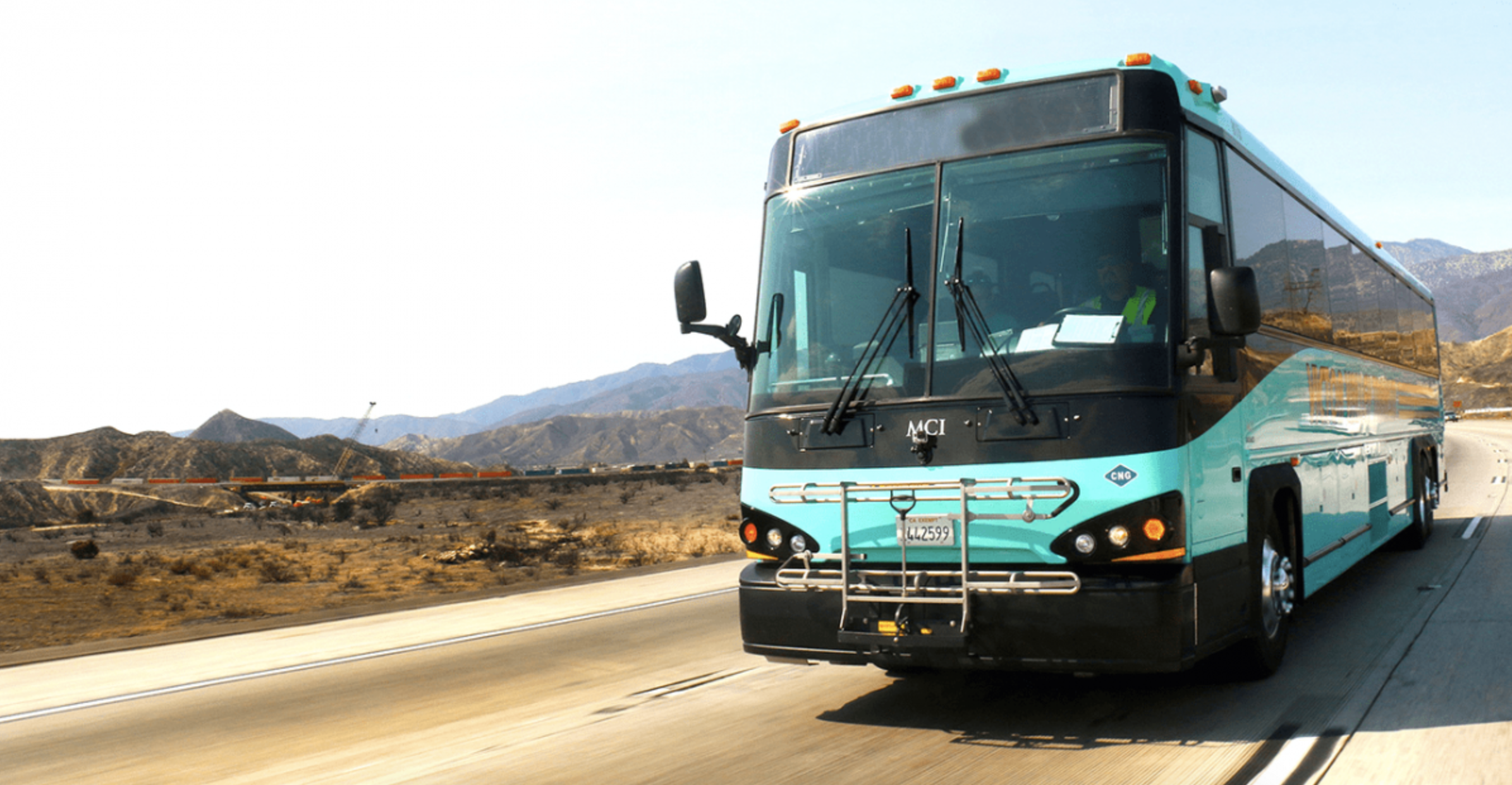Pfaff Verkehrstechnik Now Also Supplies Electromechanically Adjustable Roof Working Platforms for Buses
Pfaff Verkehrstechnik is expanding its product portfolio to include solutions for servicing and maintenance work on the roofs of a wide variety of buses, primarily on electrically and gas-powered vehicles. The new roof working platforms with an adjustable height of 1.5 m to 4.5 m can be flexibly adapted to the respective bus fleet due to different segment lengths of 3 m to 9 m according to the modular principle, regardless of whether it is simple buses with 12 m, double-decker buses with 14 m or articulated buses with 18 m length.
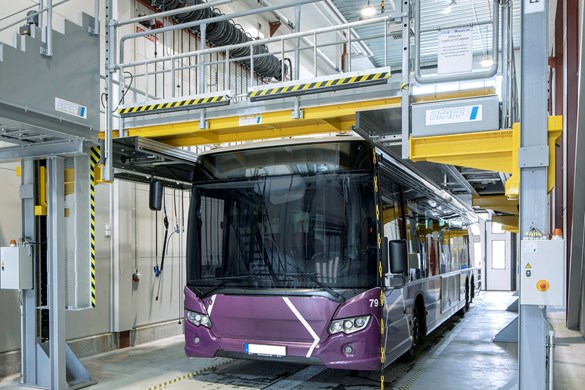
The electromechanical, telescopic platforms and sliding fall protection at the front and rear ensure ergonomic all-round fall protection, regardless of which fleet vehicle is currently in the work area. Employees reach their workplace on the roof of the vehicle safely via adjustable stairs with the correct step height. Optional components such as crane systems for battery replacement, various lighting systems, signalling systems or monitored access doors further increase safety.
Electromobility on the Rise
With the new roof working platforms, the company is responding to the growing market for electromobility and the operational safety required here. Electromobility is an important future-oriented topic, not only in Germany. The environmentally conscious country of Sweden is also considered a pioneer in this field; Pfaff Verkehrstechnik has already delivered a system to a Swedish company, and further projects are in the pipeline.
The conversion of vehicle fleets to sustainable drive systems in local public transportation is currently being promoted throughout Europe by the EU “Clean Vehicle Directive”. Electric vehicles play a vital role in this. They contribute to climate protection and also reduce dependence on fossil fuels. They have thus developed into a driving force within the context of energy system transformation.
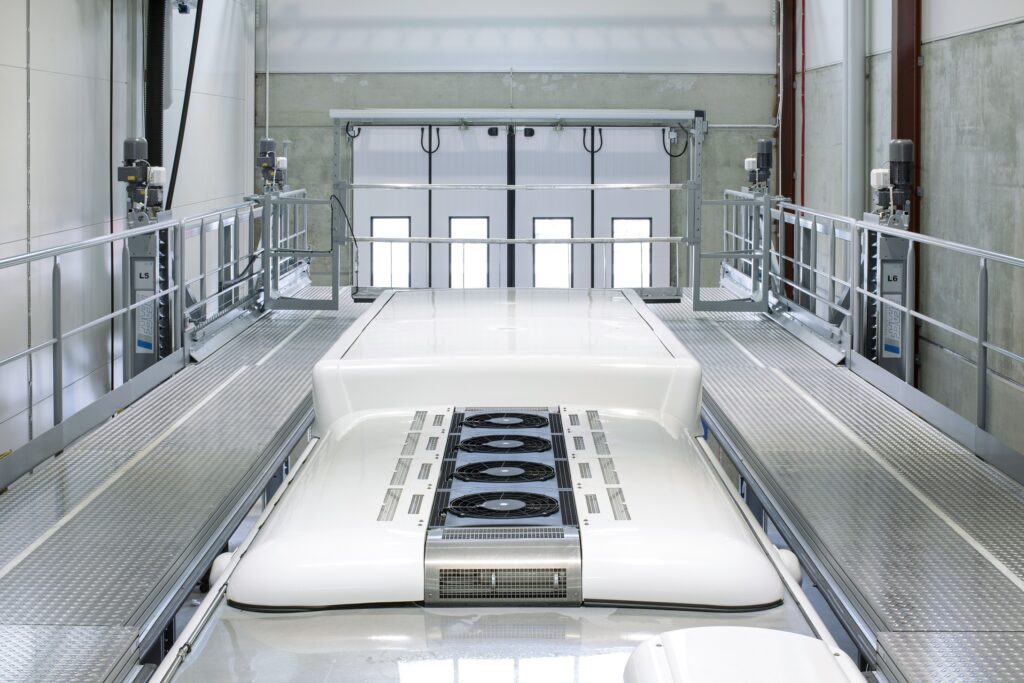
New Challenges Due to E-mobility
However, the constant increase and regular inspection of electric buses also poses new challenges for depots, garages and employees. In contrast to conventional buses, which run on diesel and require hardly any work on the roof, electric buses require more maintenance work on the roof, since the electrical system and heavy technical components such as battery packs, along with fuse boxes, inverters and air conditioning systems are located there for the sake of convenience. These components require regular maintenance. The curves on the plastic roof, however, present special hazards and challenges for the personnel. The new roof working platforms from Pfaff Verkehrstechnik ensure the highest levels of safety and ergonomics for all bus variants – employees feel as safe on them as they do on the ground.
Mechanics can now easily ensure absolutely safe working conditions even for mixed fleets of vehicles, e.g. consisting of diesel, hybrid and electric buses, without damaging the vehicle with improvised safety measures. The flexibly adjustable roof working platforms set high safety standards, as potential fall points are minimised and the vehicle roof can be accessed ergonomically all around. They provide fleet operators with modern, safe and reliable mobility. Due to short set-up times, the vehicles are quickly back on the road again and the operating times in transport operations are extended.
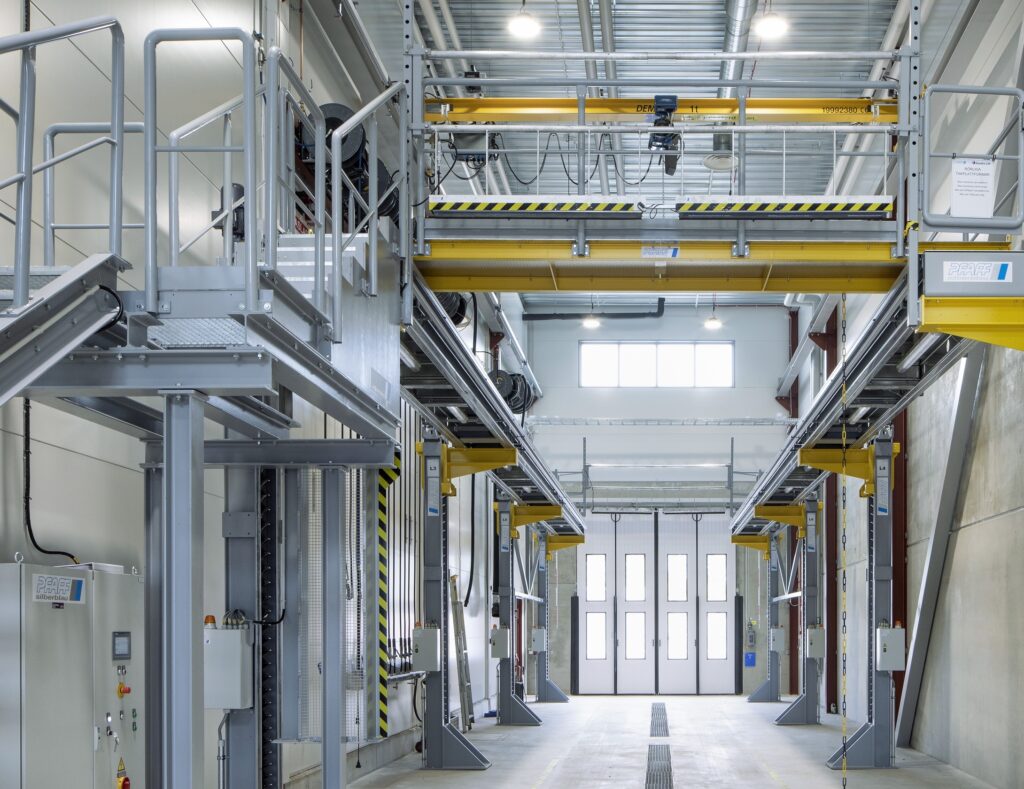
Service from Planning to Commissioning and over the Entire Life Cycle
The new roof working platforms for buses complement the product range, which has so far focused primarily on rail-bound vehicles. Pfaff Verkehrstechnik’s service package ranges from planning the work platform to commissioning and training of the personnel. The installation in new and existing buildings is preceded by a comprehensive consultation and analysis of the current infrastructure. An extensive after-sales service, plus long-term maintenance contracts and a spare parts service, are also available.
Further Information
To a watch a video illustrating the new roof working platforms work, click here.
For further information on Pfaff Verkehrstechnik and their products, click here.
This article was originally published by Pfaff Verkehrstechnik.

